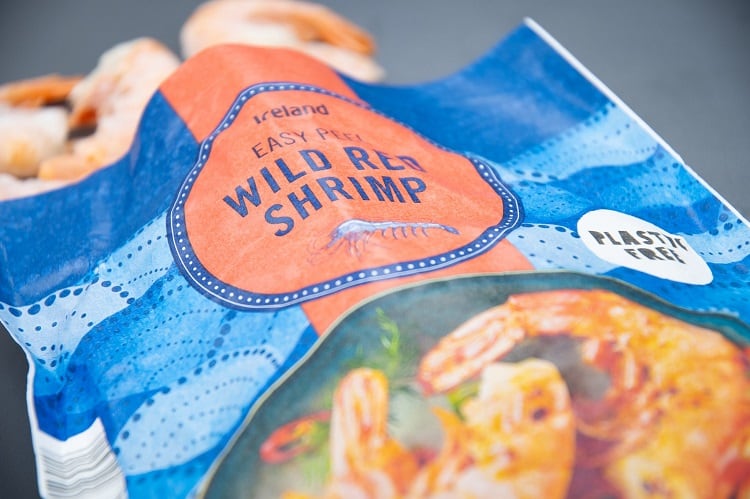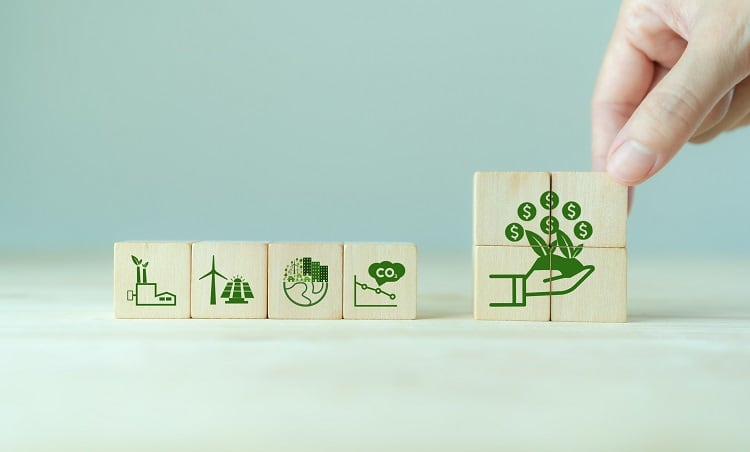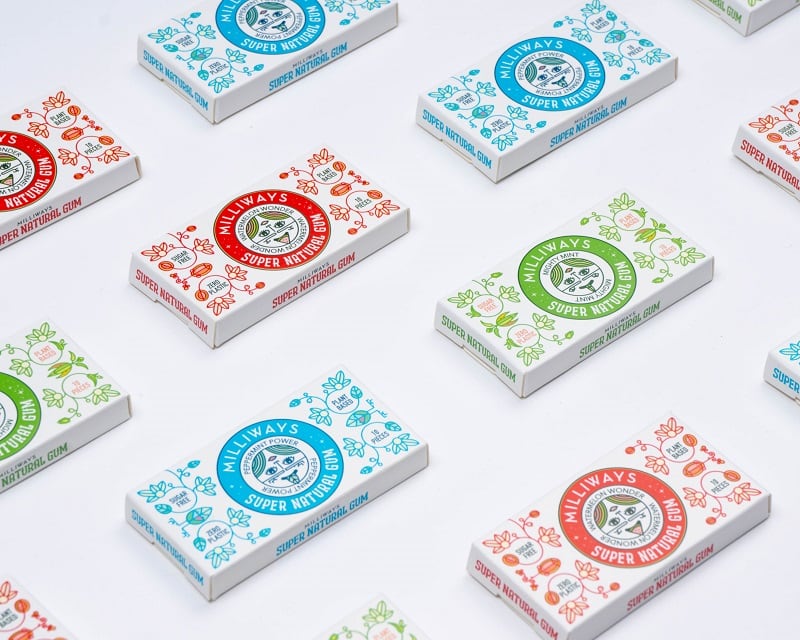Flexible, unrecyclable plastic is fast going out of fashion. Yet in the frozen food category, plastic serves an important purpose: as a sturdy barrier between frost, moisture, and the foodstuff in question.
UK frozen food major Iceland is in the pursuit of plastic-free packaging. The company has pledged to remove all plastic packaging from its own label range by 2023. A total of 850 tonnes have been removed to date.
A new collaboration with flexible packaging specialist Parkside is helping Iceland move closer towards its plastic-free goal. Together, the two businesses have delivered ‘one of the world’s first’ recyclable packaging solutions for frozen food.
“We previously worked with Parkside in a successful bid to reduce food waste via a lidding film solution in 2017,” recalled Mark Armstrong, Packaging Specialist at Iceland. “But we know we can do more.
“As consumer sentiment continues to grow for circular solutions it is the perfect time to collaborate once again in a bid to reduce unnecessary plastic in our packaging.”
The new packaging has been designed for the retailer’s Northcoast range of frozen seafood, which was previously packaged in low density polyethylene (LDPE) bag. To recycle packaging that contains a plastic layer such as polyethylene, however, it would need to be separated from when recycling post-consumer use.
The latest solution is made from heat-sealable paper designed to withstand the ‘rigours of frost and moisture’ in a freezer environment, for prolonged periods of time. According to Parkside, this has been achieved by creating not only ‘excellent’ heat ‘sealability’, but also by using a range of water-based coatings with ‘high barrier performance’.
The coatings are designed to breakdown when re-pulped in the paper recycling process.
“Bag sealing was a challenge, as was ensuring the material had the necessary barrier properties,” explained Armstrong. “We also wanted the print to match the existing LDPE bag and therefore a lot of time was spent in artwork and repro to give us the best result.”
Elsewhere, Iceland is making further progress towards its zero plastic packaging goal. The supermarket has swapped out black plastic trays from its Mumbai Street Co and Mexicana street food meal ranges for paper-based trays.
“These ranges are 85% plastic-free: the trays are sealed with a thin plastic coating, but are fully recyclable within the normal domestic paper waste stream, and the lids are non-recyclable plastic film,” explained Iceland.
“We are working on hard on alternative water-based coatings and non-plastic film that will allow us to make these and other ranges 100% plastic-free.”




